Leaders in K-12 education, higher education and workforce development from across Indiana gathered in Indianapolis in October 2018 to learn how they can work together to help children and young adults prepare for and build meaningful, sustaining careers. More than 400 participants attended a Lilly Endowment convening at the Indiana Convention Center. At the heart of the conference was a call to collaboration among educators from K-12 through higher education and encouragement to envision new partnerships with community foundations, chambers of commerce and United Ways to enhance the future lives of Indiana’s young people.
Nearly everyone who attended the conference is involved in one or more Endowment-funded projects across the state that are designed to help young people prepare for meaningful careers in Indiana. They included leaders from 38 colleges and universities in Indiana that are participating in the Endowment’s Initiative to Promote Opportunities Through Educational Collaborations – Round III, A Call to Action (Round III). The initiative is encouraging higher education institutions to strengthen internship and job placement programs, broaden their academic and certification programs, engage faculty in improved career advising and mentoring and connect campuses with industry partners in their communities and across the state.
Representatives from 96 Indiana school corporations and charter schools that received funds through the Endowment’s Comprehensive Counseling Initiative for Indiana K-12 Students also took part in the convening. The Counseling Initiative is a statewide effort that seeks to increase significantly the number of Indiana students who are emotionally healthy, realize academic success, graduate from high school, obtain valuable postsecondary credentials necessary for meaningful employment, and are prepared to compete and prosper in the global society in which they will live and work.
Leaders in government, workforce development, business and the nonprofit sector also participated in the day-long conference.

Presenters encouraged K-12 educators and those in higher education to work together on behalf of young people. There were sessions about 21st century careers and the statewide resources available to help educators connect young people with information about careers in technology, agbiosciences and advanced manufacturing. There were sessions to help Counseling Initiative grantees sharpen their skills in project management, evaluation and reporting about the progress of their grant-funded programs. And there were workshops to help college and university leaders harness the power of data to learn about the career experiences of their graduates, the career interests of their current and prospective students, and workforce trends and needs in the state.
A panel discussion offered insights about growing employment sectors in Indiana in technology, advanced manufacturing and logistics, and agbiosciences. Panelists represented three initiatives affiliated with the Central Indiana Corporate Partnership that are working to strengthen Indiana’s workforce development and innovation in these fields—TechPoint, Conexus Indiana and AgriNovus Indiana. They shared that:
- Advanced manufacturing and logistics companies in Indiana are tapping into students’ skills and interests in computer science, medicine and aerospace among other fields. Conexus Indiana is striving to help connect educators and students with these companies.
- College students interested in careers in technology can start as early as their freshman year pursuing internships and other summer experiences to connect them with innovative tech companies in central Indiana. TechPoint is building networks to help students in Indiana and across the nation see the potential of building tech careers in Indiana.
- Indiana’s legacy in agriculture is fostering growth in agbiosciences, which brings together farming, technology, biological sciences, economics and entrepreneurship. AgriNovus Indiana is at the forefront of helping students in Indiana learn about companies working to make Indiana the global epicenter for agbioscience innovation.
For Caleb Beasley, the conference offered new perspectives on his work in K-12 education. He directs the Positive Behaviors Interventions and Supports program for Muncie Community Schools, a district with six elementary schools, two middle schools and one high school with about 5,000 students in Delaware County. It’s his job to help the district strengthen social-emotional learning initiatives, implement suicide prevention and child abuse education programs, improve college and career readiness and strengthen collaboration with community partners.
“The convening was so important for me as an educator. To be with K-12 educators and colleges and university partners to learn how we are all working toward the same goal was informative and inspiring,” Beasley says.“We’re trying to help young people navigate every facet of life—to be healthy, successful and fulfilled, and prepared for meaningful careers.”
Beasley plays a role in an Endowment-funded project in his district. In 2018, through the Counseling Initiative, the Endowment made a $511,400 grant to Muncie Community Schools to support its engagement in a countywide effort to transform school counseling in seven public school corporations and one charter school. The collaboration includes partnering with the Muncie-Delaware County Economic Development Alliance on its five-year economic plan, which includes the goals of increasing high school and postsecondary attainment and highlighting careers that require postsecondary training.
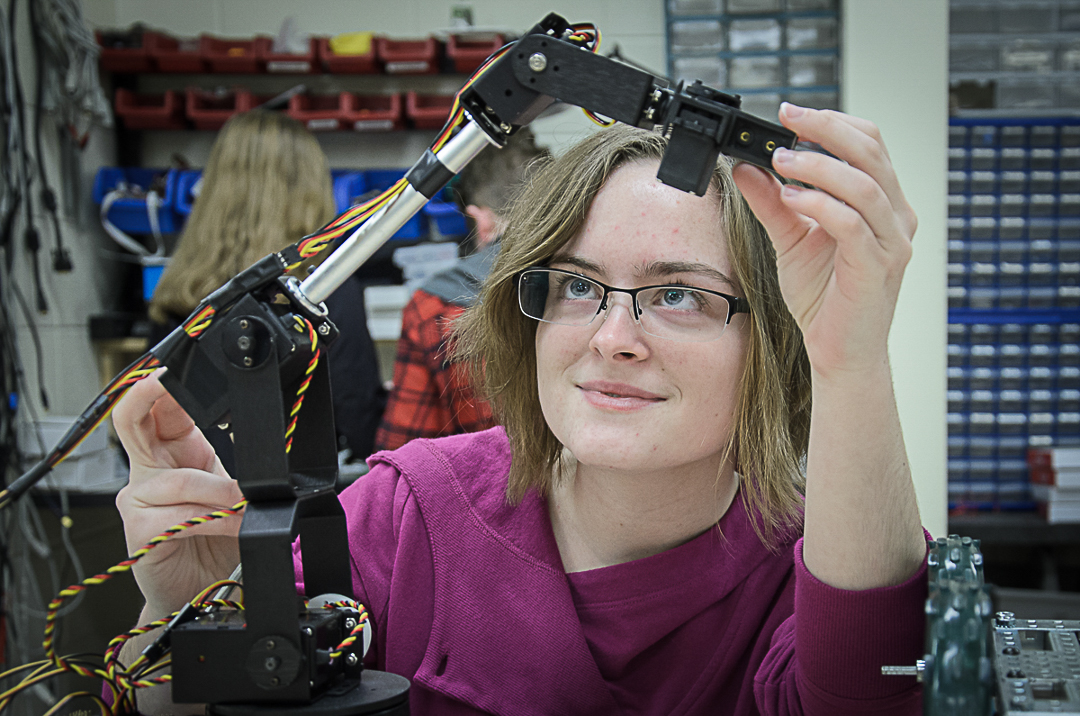
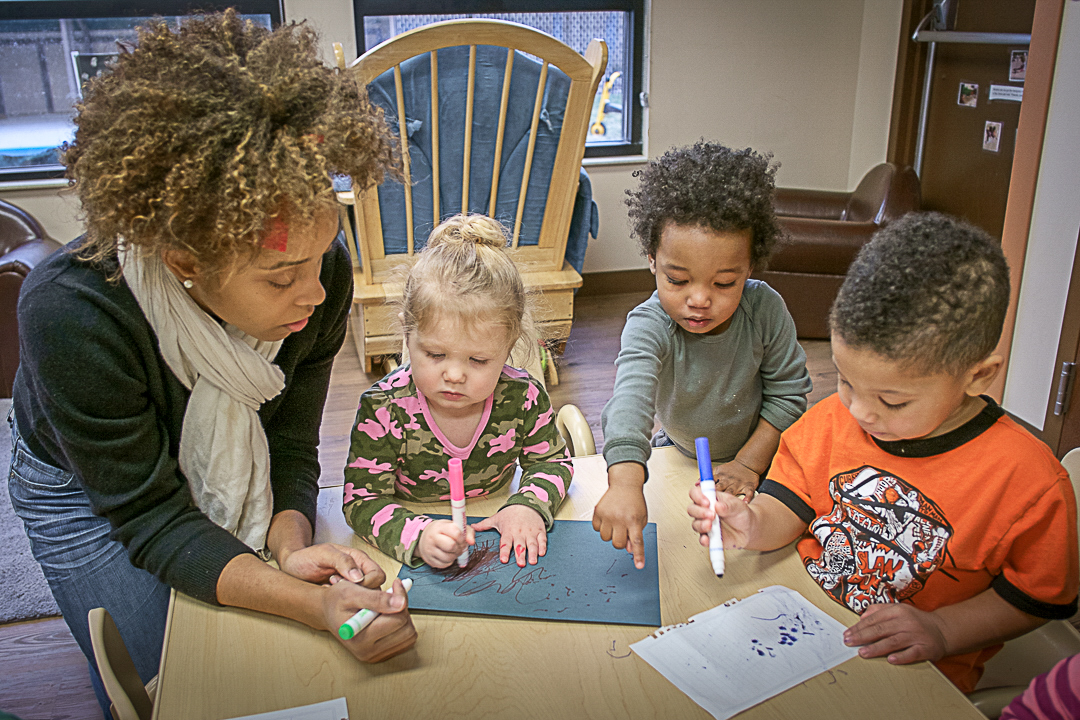
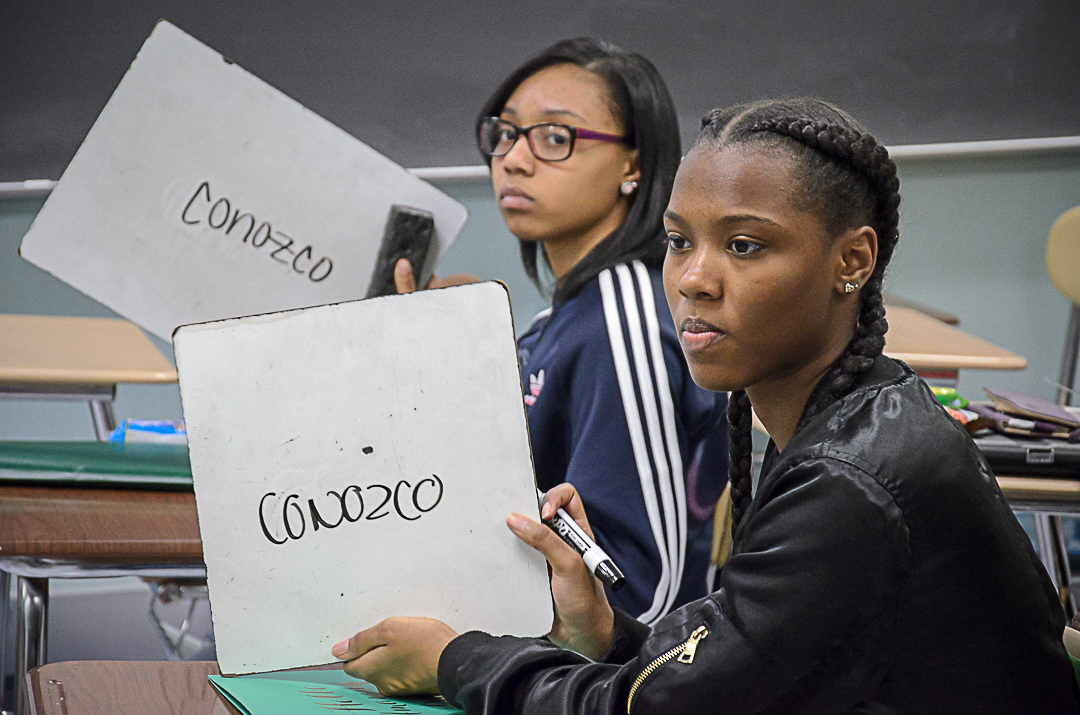
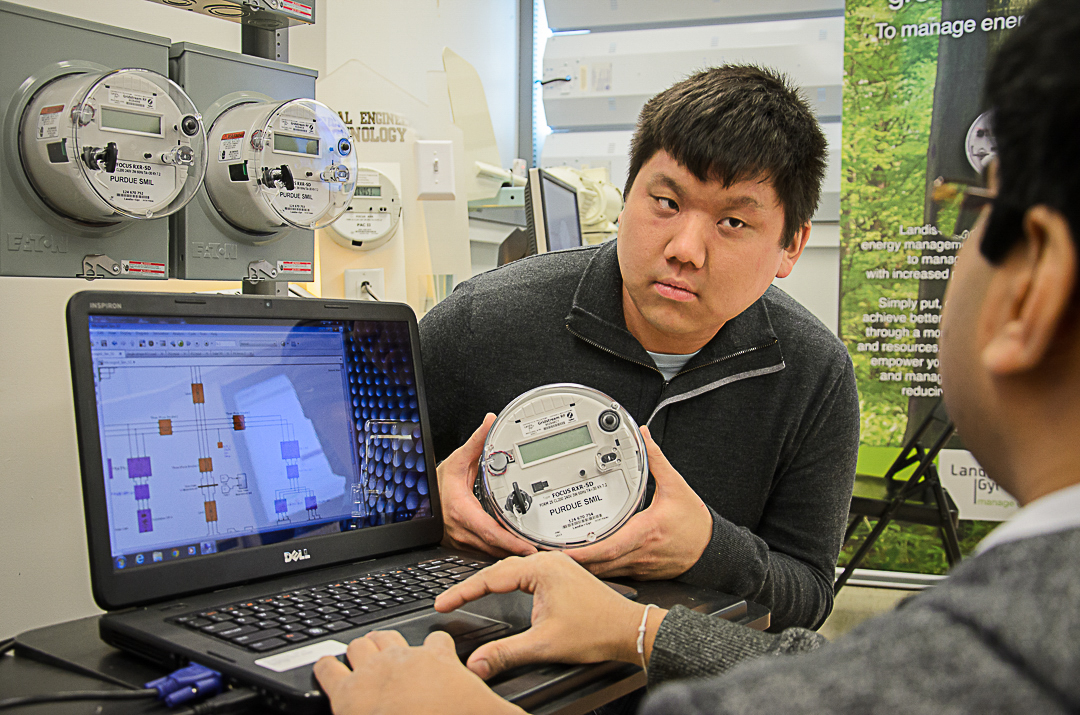
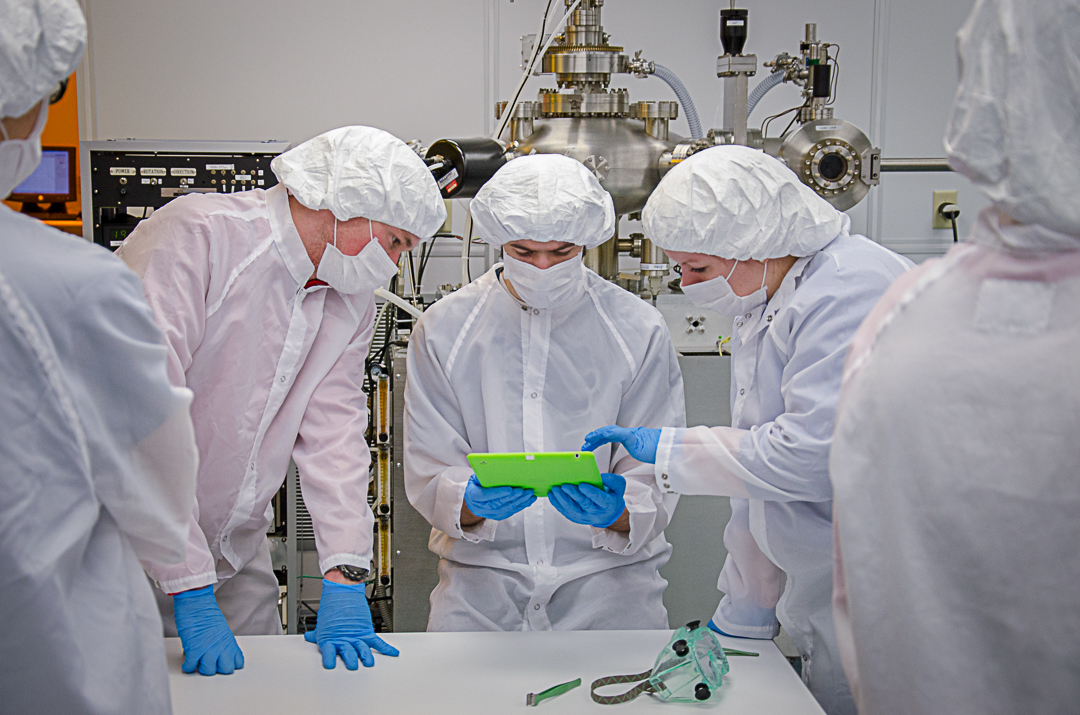
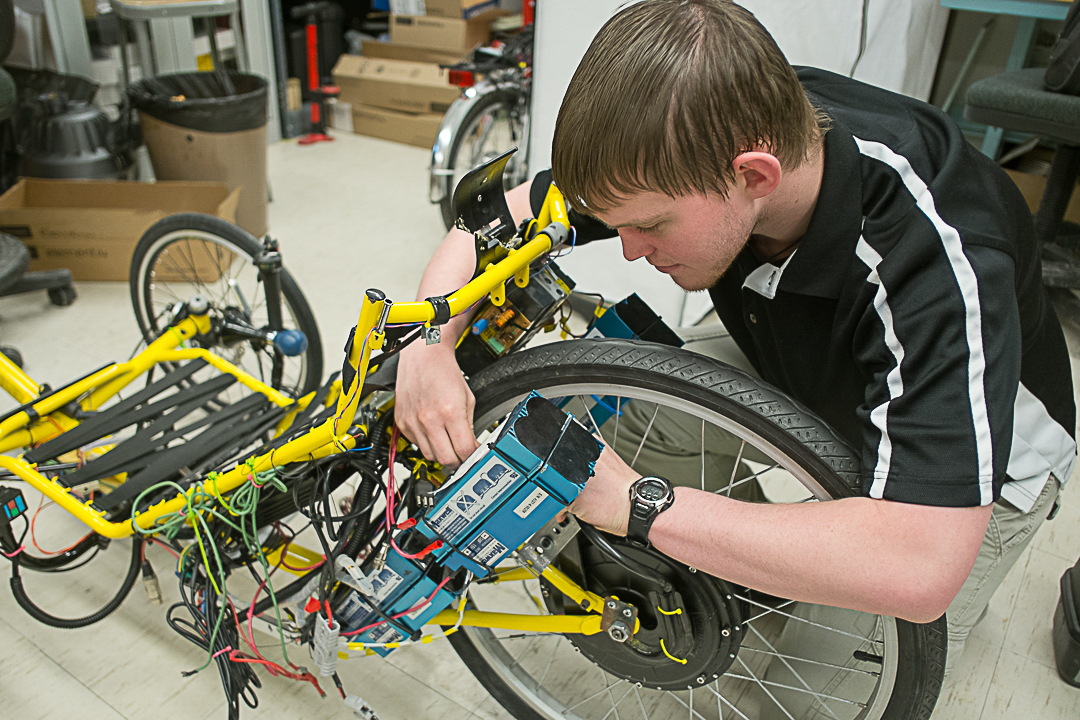
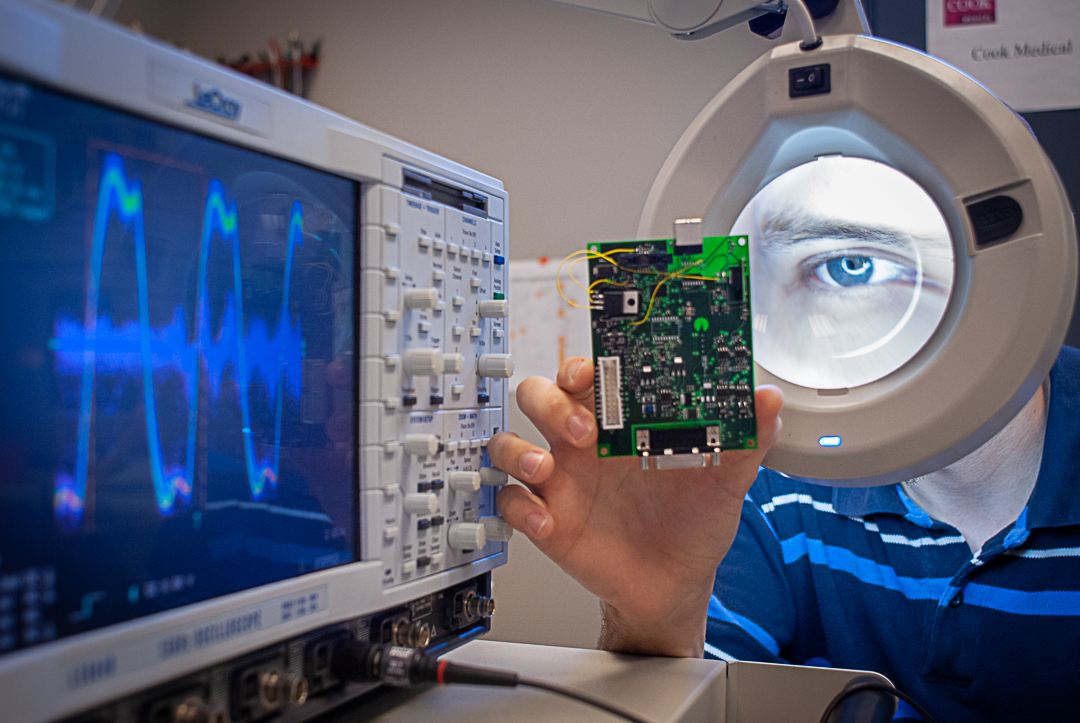
Muncie is home to Ball State University, a public university of about 22,000 students. In 2017, the Endowment made two Counseling Initiative grants to Ball State totaling $350,000 to help its Teachers College strengthen programs that prepare school counselors and K-12 principals so that the next generation of counselors and principals know how to engage in and lead comprehensive school counseling. It’s an approach that addresses students’ emotional and social well-being, their academic success and their college and career readiness.
Muncie Community Schools is engaged in the Ball State project. Beasley serves on an advisory council at the Teachers College, which is providing professional development to Muncie Schools counselors and principals and opening its resource library to the public schools. According to Beasley, by working together, the district and Ball State are strengthening school counseling across the district.
“We’re trying to help young people navigate every facet of life—to be healthy, successful and fulfilled, and prepared for meaningful careers.”
Ball State also is helping Indiana students identify and prepare for meaningful careers with support from the Endowment’s Round III initiative. In 2013 the Endowment made a $3 million Round III grant to Ball State to strengthen the efforts of its Career Center, which is the engine that drives undergraduate career readiness.
According to Jim McAtee, the director of the Career Center since 2012, the efforts funded through the Round III grant to Ball State have resulted in more internships for students with diverse majors, and more employers in the local county and across the state are connecting with Ball State students and new graduates for internships and jobs. He also notes that more professors are engaged in helping their students prepare for careers.
Skills Infusion is a Ball State program that builds teams of professors, Career Center staff and alumni who map workplace competencies and align them with course outcomes. Team members work together to include competencies in course syllabi. Then they look for ways in which students can demonstrate these competencies in concert with academic outcomes in the course. A philosophy professor recently had trouble integrating tech skills into a course, according to McAtee. An alumnus who earned a philosophy degree was able to explain how the problem-solving and analytical thinking honed during philosophy courses are instrumental in his work coding at a cloud computing firm.
Another Career Center program is placing Ball State faculty in summer externships with Indiana companies so professors can learn the about skills that their students—the next generation of workers—will need to begin building successful careers.
Though McAtee was aware of the Endowment’s grants to Ball State to strengthen K-12 school counseling efforts, he didn’t begin to see the benefits of connecting what is happening in higher education to K-12 until he took part in the Endowment’s 2018 education convening.
“The insights we learned at the conference about grants that are helping K-12 educators strengthen the infrastructure of social, emotional and academic well-being are critical to success in higher education,” McAtee says. “If young people aren’t socially and emotionally healthy, if they aren’t already considering their academic strengths with an eye to career, they are not going to be prepared to engage in dialogue about careers when they get to campus, or consider internships, or imagine what it takes to build fulfilling lives after graduation.”
Through a keynote address built on inspiring stories from his own childhood and a career as a mathematician and university president, Freeman Hrabowski, president of the University of Maryland, Baltimore County (UMBC), called for new and transformative partnerships in education. He said efforts must address the barriers that prevent children from achieving academic, career and personal success and that the work begins when collaborators understand the full potential teachers have to transform lives.

Dr. Freeman Hrabowski
“Teachers touch eternity through their students,” he said. Hrabowski went on to weave together compelling data about education attainment in the U.S. with details about partnerships at UMBC that are enriching the lives of middle and high school students in Baltimore. Healthy collaborations are built upon trust and respect, he said. They are lived out with strong practices of communication and evaluation. They are successful, he added, when partners work together to push through barriers that have historically separated sectors and institutions so there can be mutual benefit.
“The message I have for you is this,” Hrabowski said. “The more we can knock down the boundaries between public and private sectors, the more we can look at the ways that universities can develop new two- and four-year programs, the more that companies get involved in looking at what it means to be career-ready, the more we talk about these skills that are most important, the better off we will be.”
It’s a message that Beasley is taking to heart because the stakes are high for his students in Muncie and for students across Indiana.
The 2018 Endowment convening offered a big boost to educators like Beasley. Hrabowski’s inspiring message was no small contribution.
“Dr. Hrabowski’s comments remind me so much about the power of relationships,” Beasley says. “How important they are to students and how important it is that we constantly renew our faith in the work and our faith in our students and what they are capable of.”
In 2016, this initiative began with planning grants to 284 charter schools and school corporations. Currently, 101 implementation phase grantees (operating in 96 school corporations and six universities) are developing curricula and K-12 programs which are actively improving the environment in schools.